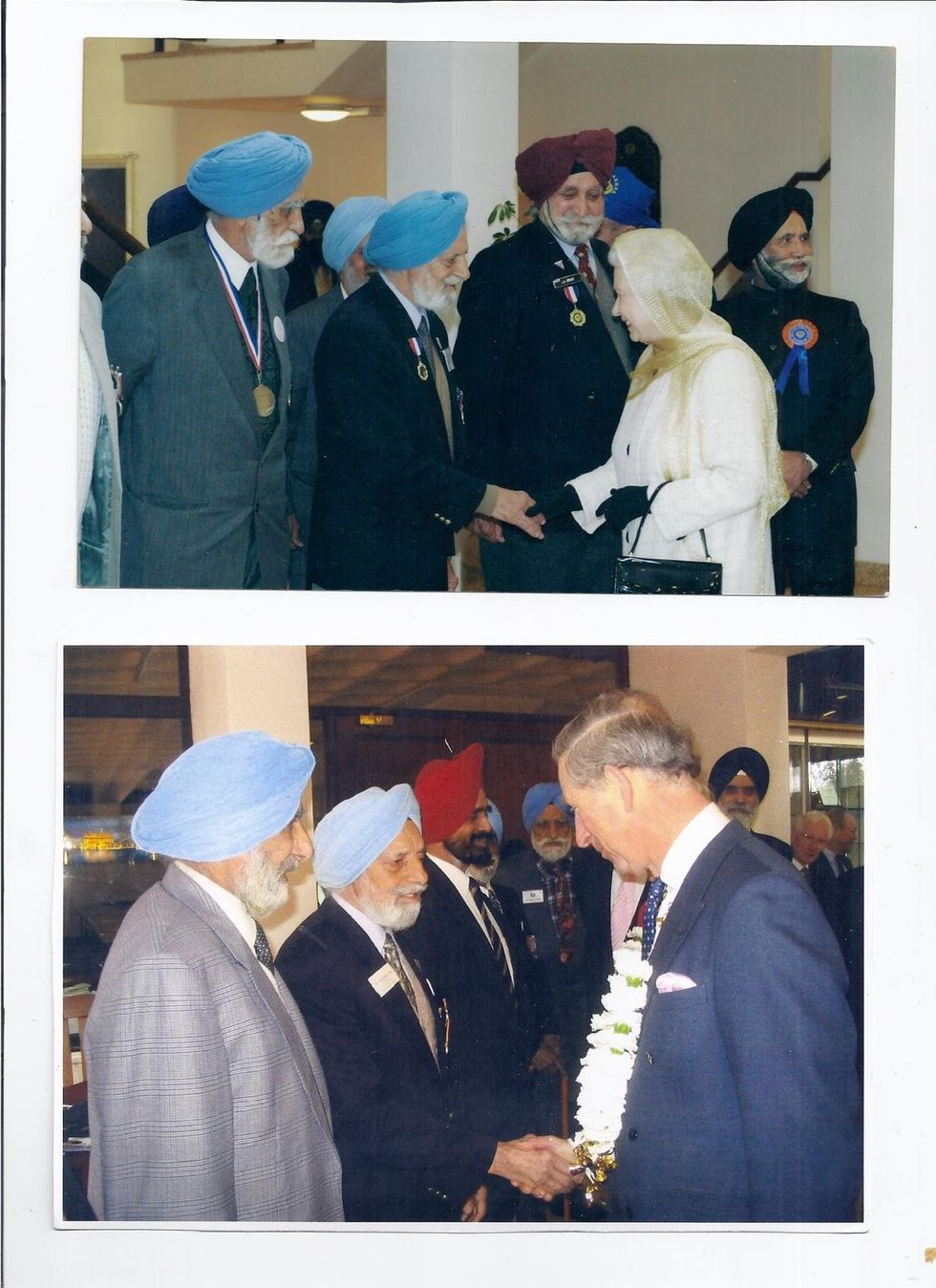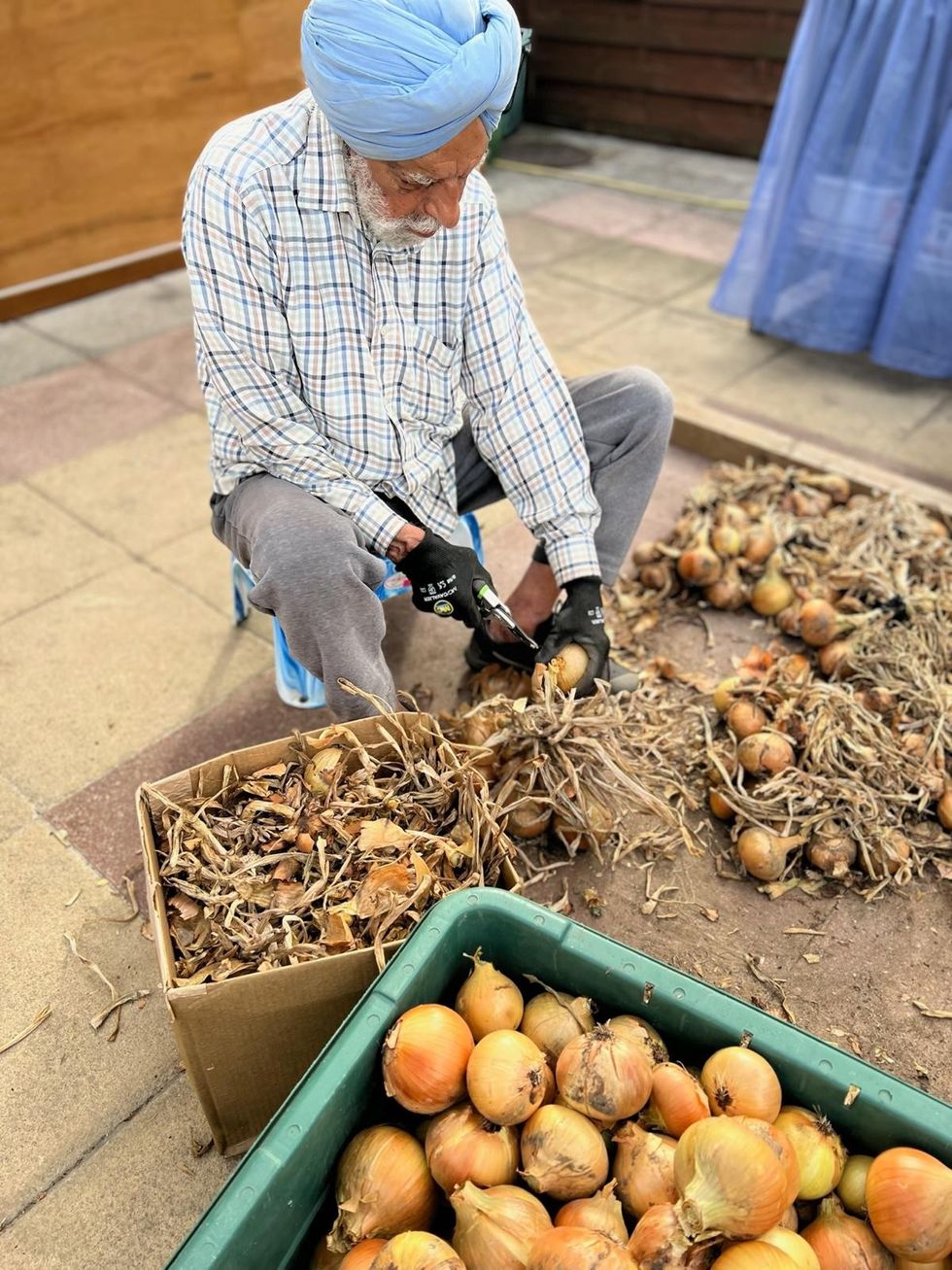After a lifetime struggling against Myanmar's military, 76-year-old Nobel laureate Aung San Suu Kyi is once again at the mercy of the generals, facing charges that could land her in jail for decades.
The former leader has been detained since a putsch that ousted her government in the early hours of February 1, ending a brief democratic interlude for the country.
Myanmar has been in turmoil since the coup, with more than 1,200 people killed in a military crackdown on dissent, according to a local monitoring group, and the economy in tatters.
Suu Kyi swept national elections last November and had been preparing to begin another five-year term as the nation's de facto leader.
But the coup ended her time at the helm and her detention has sidelined her from Myanmar's democracy movement, which has forged a more radical path without her.
Suu Kyi, the daughter of independence hero General Aung San, spent nearly two decades enduring long stretches of house arrest under the former military regime.
Her legacy abroad has been deeply tarnished since a landslide election victory in 2015 that vaulted her National League for Democracy (NLD) to power.
There was global revulsion at a military crackdown two years later that saw around 750,000 members of the stateless Rohingya minority flee burning villages to neighbouring Bangladesh.
She remains immensely popular in Myanmar, but for many young protesters, the revolution must go further than the democracy movement she led decades ago, and permanently root out military dominance of the country's politics and economy.
Some demonstrators have shunned non-violence -- a core principle of Suu Kyi's -- with hundreds believed to have trekked into jungle areas to receive combat training from veteran rebel groups.
"Suu Kyi simply doesn't have the sway she once did," said David Mathieson, an analyst formerly based in the country.
- Daughter of a hero -
Suu Kyi was born on June 19, 1945 in Japanese-occupied Yangon during the final weeks of World War II.
Her father Aung San fought for and against both the British and the Japanese colonisers as he jostled to give his country the best shot at independence.
That goal was achieved in 1948 but Aung San was not around to see it -- he and most of his cabinet had been assassinated just months before.
Suu Kyi spent most of her early years outside of Myanmar, first in India, where her mother was an ambassador, and later at Oxford University, where she met her British husband.
After General Ne Win seized full power in 1962, he forced his brand of socialism on Myanmar, turning it from Asia's rice bowl into one of the world's poorest and most isolated countries.
- Thrust into the spotlight -
Suu Kyi's elevation to a democracy champion happened almost by accident when she returned home in 1988 to nurse her dying mother.
Soon afterwards, at least 3,000 people were killed when the military crushed protests against its authoritarian rule.
The bloodshed was the catalyst for Suu Kyi.
A charismatic orator, she found herself in a leading role in the burgeoning democracy movement, delivering speeches to huge crowds as she led the NLD to a 1990 election victory.
The generals were not prepared to give up power, ignoring the result and confining to her home in Yangon, where she would live for 16 of the next 20 years.
She was awarded the Nobel Peace Prize while detained in 1991, for her "non-violent struggle for democracy and human rights".
The junta offered to end her imprisonment at any time if she left the country for good but Suu Kyi refused.
That decision meant not seeing her husband before his death from cancer in 1999, and missing her two sons growing up.
The military eventually granted her freedom in 2010, just days after elections that her party boycotted but which brought a nominally civilian government to power.
She swept the next poll five years later, prompting jubilant celebrations by massive crowds across the country, and increased her party's majority in 2020.
- Hamstrung in power -
Suu Kyi's administration was beset with trouble and marked by an uneasy relationship with the military, which maintained a powerful and outsized political role.
But the government and the military appeared in lockstep after the 2017 Rohingya crackdown.
Her office denied claims that fleeing refugees had suffered rape, extrajudicial killings and arson attacks on their homes by Myanmar troops.
Suu Kyi defended the army's conduct and even travelled to The Hague to rebut charges of genocide at the UN's top court.
Months later, the generals deposed her and put her on trial for a host of charges that could see her jailed for decades.



















 Dhatt with sons Jasvinder and Parminder
Dhatt with sons Jasvinder and Parminder Dhatt as a young soldier
Dhatt as a young soldier Dhatt with the then Prince of Wales, and the late Queen
Dhatt with the then Prince of Wales, and the late Queen Dhatt gardening at home
Dhatt gardening at home Dhatt with his granddaughter Amrit
Dhatt with his granddaughter Amrit